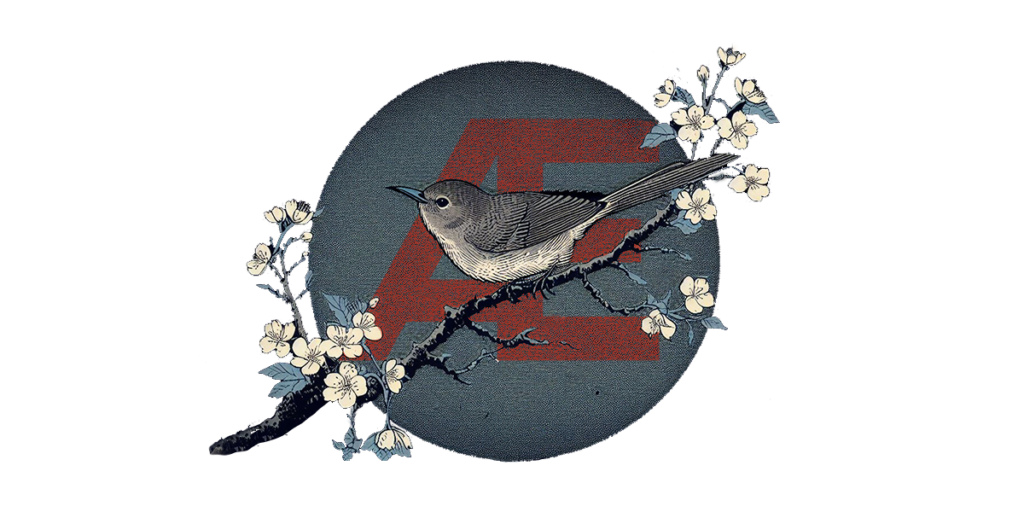The most common questions we get about the name Angelus Errare aside from how to pronounce it are inquiries about what it means and why we chose it.
The first question is fairly easy to answer: it means Where Angels Lose Their Way in faux phrasing meant to resemble Latin and comes from the game Chrono Cross.
As to why the name stuck out and was ultimately chosen, bear with me a moment.
For most of my 20s, I spent my time asking the same questions; do I contribute something positive to this world? Am I destined to cause the same harm I’ve seen others cause? How much of my experience in this life is in my hands? I was starting to come to terms with a lot of these during the summer of 2020 when I decided to revisit a game from my childhood called Chrono Cross.
When I started that play through, I didn’t realize how much its themes would address these same questions and how it became my favorite game of all time.
Chrono Cross tells the story of Serge, a young man who one day finds himself in a version of his world where he died as a child. He spends the first moments of the story coming to see how his presence and lack thereof affects the world and the people he knows. It might be easy to assume the world where the game’s protagonist doesn’t exist is an anomaly, but one of Chrono Cross’s many twists is that this “Other” world is the proper world with the proper sequence of events. It’s his home world that is the anomaly. He didn’t find himself in a world with a mistake that involves him–he is the mistake.
A lot of media that ask similar questions answer them in an unambiguously positive way. Personally, I’ve never found this approach helpful when my mind was on similar subjects. When asking if the world would be better without me and hearing back immediately, “Yes of course,” felt dismissive. It felt like the answer didn’t apply to me because it failed to take into account the inherent balance of positivity and negativity within every human being.
The way Chrono Cross asks this, however, is more nuanced. Serge’s life is shown to be neither fully positive nor negative. He isn’t meant to exist, so his world as a whole is worse off for this. Some cities are occupied by invaders or reduced to rubble in his Home world, but thrive in the Other world. However, the people around him have benefited from his presence, and his absence is notable. His impact is shown through a friend who gave up on their dreams without his encouragement, neighbors who lack ambition to match the success found with Serge in their lives, and a childhood friend left to look after their younger siblings feeling largely isolated without Serge. If his survival is a mistake, what are the differences felt by his friends and family?
I’ve talked before in previous blogs with Sunnydale about how JRPGs have a lot of the same spirit as punk, and Chrono Cross exemplifies this in a lot of ways. At one point, a character tells a guitarist, “Though newest not be proficient, so long as thou expressest thy true feeling.”
Chrono Cross combines these themes with a number of elements that heavily appeal to me such as an emphasis on music and seafaring aesthetics. In recent years, playing it has helped me through some rough times, and it has become my favorite RPG, dethroning Final Fantasy IX, and even my favorite game in general. In so many ways, it presents ideas and outlooks that have helped me, and I hope some of the songs we’ve made in Angelus Errare help others in similar ways.
-Will H.





